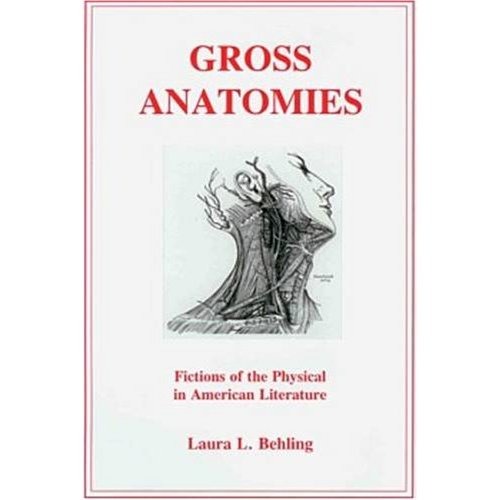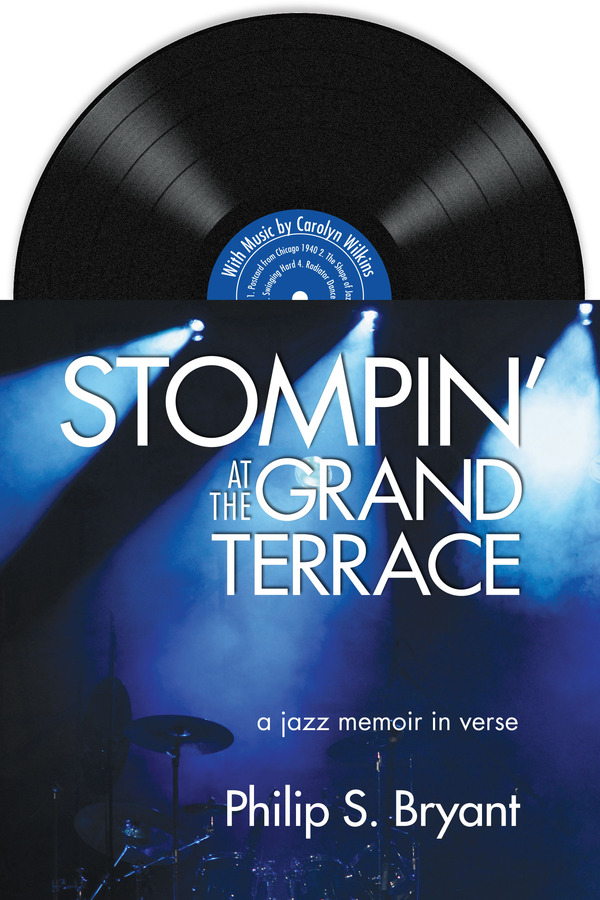Gustavus Adolphus College will hold its annual Gustavus Author Tea at 4:15 p.m. Thursday, April 30 in the Courtyard Café, located on the lower level of the C. Charles Jackson Campus Center.
Sponsored by the Folke Bernadotte Memorial Library and the Book Mark, this event acknowledges and celebrates individuals from the campus community who have written or contributed in some way to a published book during the current academic year.
The following individuals and publications will be celebrated this year:
Gross Anatomies: Fictions of the Physical in American Literature by Laura Behling
Behling, an associate professor of English, presents a study of the mutilated and fragmented body that appears in United States literature in the nineteenth and early twentieth centuries. These violations of the body suggest a deep concern about human identity, one structured on both fragmentation and augmentation of the body. The mutilated body, willfully damaged by weapons of war and machines of industry, politics and economics, is at the heart of the texts in this study, and serve not only as harbingers of a loss of identity to come, but also embody the unknown and unknowable self.
Stompin’ at the Grand Terrace: A Jazz Memoir in Verse by Philip Bryant
Bryant, a professor of English, presents a new collection of poems and prose pieces in a celebration of family, history, culture, and Chicago’s South Side. Through his poems, Bryan reveals how music forges friendships, communities, and dreams, and how jazz — America’s great original art form — holds the power of possibility to transcend the widest of racial, social, and cultural gaps. An accompanying CD features more than a dozen original compositions — inspired by Bryant’s poems — by renowned jazz pianist Carolyn Wilkins.
Greek Theatre in Context by Eric Dugdale
Dugdale, an associate professor of classics, offers a valuable guide to Greek threatre. The book presents a broad selection of key ancient sources, both visual and literary, about all aspects of performance — including actors, masks, stage props, and choral dancing — as well as scenes from the plays themselves that offer insights to their staging, plots, and reception.
Sophocles: Electra by Eric Dugdale
Dugdale brings classical Greek drama vividly to life in this series of new translations. Students are encouraged to engaged with the text through detailed commentaries, which include suggestions for discussion and analysis.
Confronting the Yugoslav Controveries edited by Tom Emmert
Emmert, a professor of history, helped direct an international consortium of historians, social scientists, and jurists to examine the salient controversies that still divide the peoples of the former Yugoslavia. The book presents a direct assault on the proprietary narratives and interpretations that nationalist politicians and media have impressed on mass culture in the successor states of Bosnia and Herzegovina, Croatia, Kosova, Macedonia, Montenegro, Serbia, and Slovenia.
The Political Influence of Churches by Chris Gilbert
Gilbert, a professor of political science, along with lead author Paul Djupe ’93, investigate how membership in organized religious bodies shapes the political life of members. They develop a theoretical framework that captures the multifaceted elements of church life that affect individual political attitudes and actions. The book is based on a 1998-2000 study of ELCA and Episcopal congregations, conducted with the assistance of more than 20 Gustavus undergraduate students through a National Science Foundation grant.
Jim Gilbert’s Minnesota Nature Notes by Jim Gilbert
Gilbert, visiting instructor of environmental studies and longtime campus naturalist, through a series of brief essays and remarks focused on each passing week of the year, shares his experiences with observing the changing Minnesota seasons. The wide range of topics include animal tracking in the snow, apple-blossom time, and tapping maple trees.
Feminist Interpretations of Alexis de Tocqueville by Jill Locke
Locke, an associate professor of political science, emphasizes the relationship of Tocqueville’s life and work to modern feminist thought. The book reveals a tidal shift in the reception history of Tocqueville as a result of his serious engagement by feminist, gender, postcolonial, and critical race theorists.
Severed Ties and Silenced Voices by Roger McKnight
McKnight, a professor and acting chair of the Scandinavian studies department, presents a social history of immigrant times, encapsulated in the life histories of Lars Johnson, his wife Caroline, and their nearest neighbor and his family. The story bridges the Old World and New World experience through an account of cultural assimilation, broken relationships, family tragedy, and the search for personal fulfillment in difficult times.
Morality and Our Complicated Form of Life: Feminist Wittgensteinian Metaethics by Peg O’Connor
O’Connor, a professor of gender, women, and sexuality studies and philosophy, draws inspiration from the later Wittgenstein’s philosophy to develop a new approach to the grounding of ethics (i.e., metaethics) that looks to the interconnected nature of social practices, most especially those that Wittgenstein called “language games.” These language-games provide structure and stability to our moral lives at the same time as they permit the flexibility to accommodate change in moral understandings and attitudes.
For more information about this event, contact Judy Schultz in the Book Mark at 507-933-6017 or jdschult@gustavus.edu.


Leave a Reply